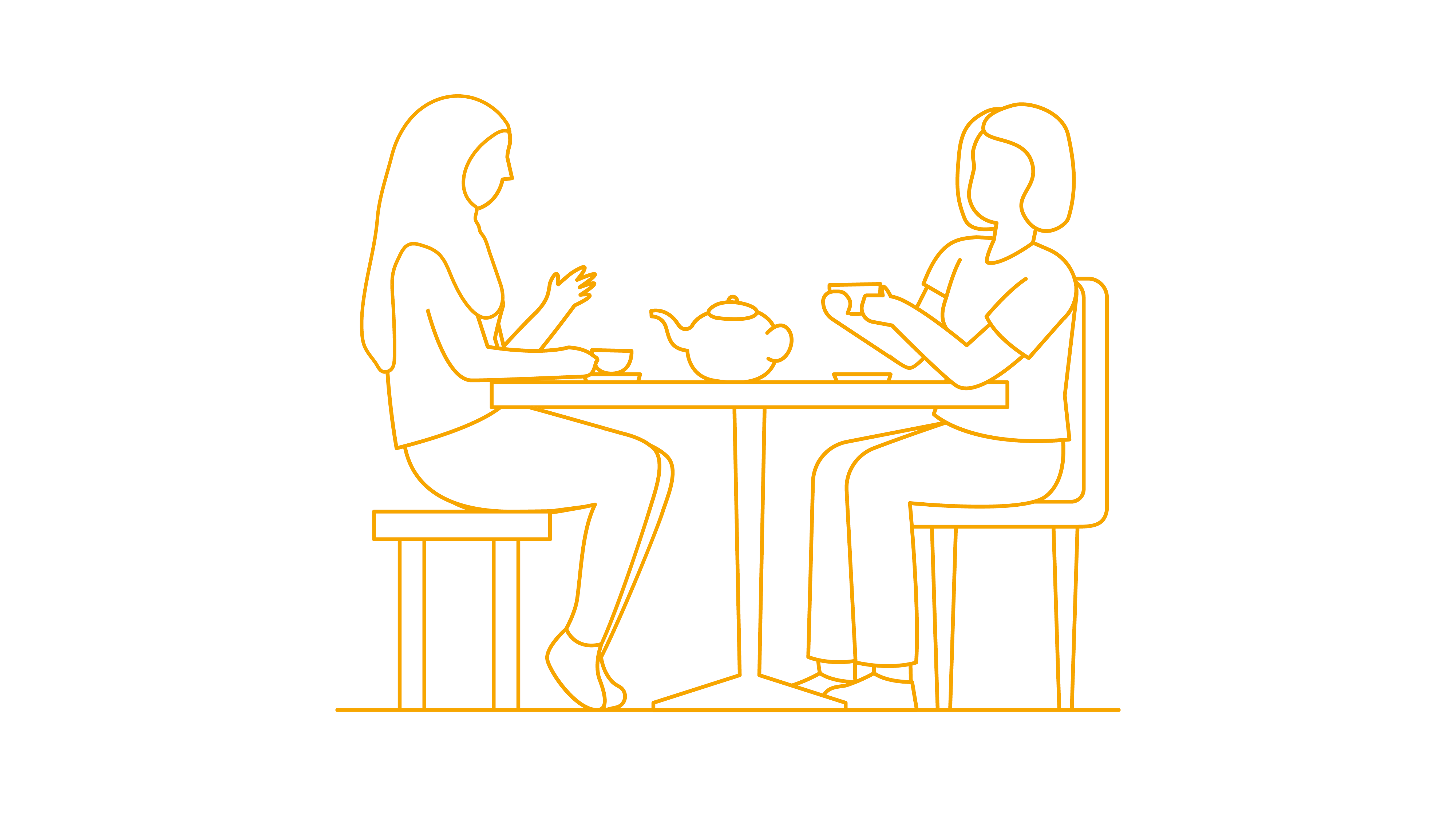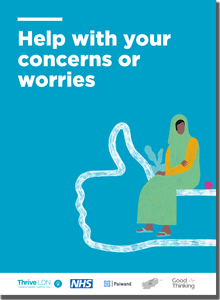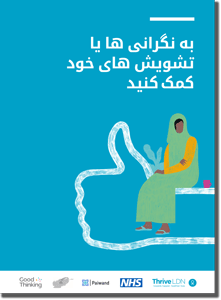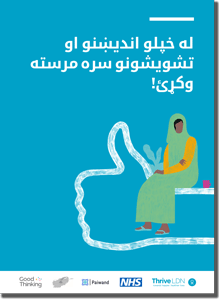
Supporting the mental health and wellbeing of Afghan refugees
Bringing together a set of resources to assist in supporting the mental health and wellbeing of the Afghan community.
Bringing together a set of resources to assist in supporting the mental health and wellbeing of the Afghan community.

Toolkit
London is home to the UK’s largest community of Afghans. 7 in every 10 Afghan citizens in the UK reside in the Greater London area.
The humanitarian crisis caused by the withdrawal of the International Security Assistance Force (ISAF) at the end of 2021 will have an impact on the mental health of not only those directly caught up in the crisis but equally for the Afghan community already settled here in London.
We know there are many people and organisations supporting those who have been affected and we recognise this is a challenging time for professionals and volunteers working in this space.
We’ve joined up with various community and health partners who work closely with the Afghan community to bring together a set of resources which we hope will assist you in supporting the mental health and wellbeing of the Afghan community.
Wellbeing support for London's Afghan refugee community
Help with your concerns or worries guide
We’ve worked with community partners to create a ‘help with your concerns and worries’ guide.
We know that the recent events in Afghanistan are a cause of great concern for Afghans living in the capital. Lots of people are worried about the situation back home and fears for friends and family will be widespread at this time.
While feeling this way is understandable, it’s important to remember there is help available for those that need it.
Download the resource below, in English, Dari and Pashto.
Here we outline tools and and ideas encouraging good mental health and wellbeing, alongside some useful ways to get support or access healthcare services if you are finding things hard. The guide is available in English, Dari and Pashto.
The guide also incorporates some extracts from London’s digital wellbeing service, Good Thinking’s ‘Five ways to good mental wellbeing and Islam’ resources to helpfully show how many of the ideas are encouraged in Islamic teachings.
This resource has been produced by Thrive LDN in partnership with the Afghan Association of London, Afghan Association Paiwand, the Refugee Council, the ESRC Centre for Society and Mental Health at King’s College London, and Good Thinking. The resource was funded and supported by the Office for Health Improvement and Disparities.
Supporting those struggling after traumatic experiences
Techniques to help people who have experienced trauma and are out of danger now
Good Thinking’s Coping with Trauma workbook outlines seven techniques to help people who have experienced trauma and are out of danger now.
The workbook provides health care and community partners with a helpful resource that offers expert and trauma-informed support.
The workbook has been developed in partnership with trauma expert, Caroline Harrison, a Cognitive Behavioural Therapist at the Centre for Anxiety Disorders and Trauma, South London and Maudsley NHS Foundation Trust.
You can also explore further coping mechanisms for stress from Good Thinking.
Guidance for professionals or volunteers
Helping those who have experienced trauma to process their emotions and begin to heal
We’ve worked with community partners to create guidance for professionals or volunteers that will come into contact with the Afghan refugee community. Explore the guidance in full.
It is intended to help you support the mental health and wellbeing of those refugees. While not at all comprehensive, we hope to lay a framework for engagement and promote shared learning across the system. For example, you can explore information on the perceptions of mental health in the Afghan community, advice on engaging with the community on this subject and practical methods to support these conversations.
These resources also recognise this is a challenging time for professionals and volunteers working in this space and outline ways in which they can also receive support.
Supporting refugees with their mental health – a short video
We have also worked with the Refugee Council to publish a short video for volunteers and professionals on engaging with the community on this subject and practical methods to support these conversations.
In the video, Paul Cilla La Corte, the London Therapeutic Services Manager for Refugee Council shares helpful information and advice learned from the nine years he has spent working with refugees and asylum seekers.
Further resources
Here are just some of the resources to aid professionals in supporting the Afghan community.
This list is by no means extensive and is meant to serve as a starting point:
- Mental Health and Psychosocial Support (MHPSS) Directory for Refugees and Migrants in London. Produced by the Centre for Society of Mental Health at King’s College London.
- Moments for Mindfulness. A self-help guide to managing stress and uncertainty by the Refugee Council.
- Resources to support refugees and asylum seekers in accessing and understanding the NHS.
- City of Sanctuary’s Mental Health Resource Pack aimed towards professionals working with refugees and asylum seekers.


